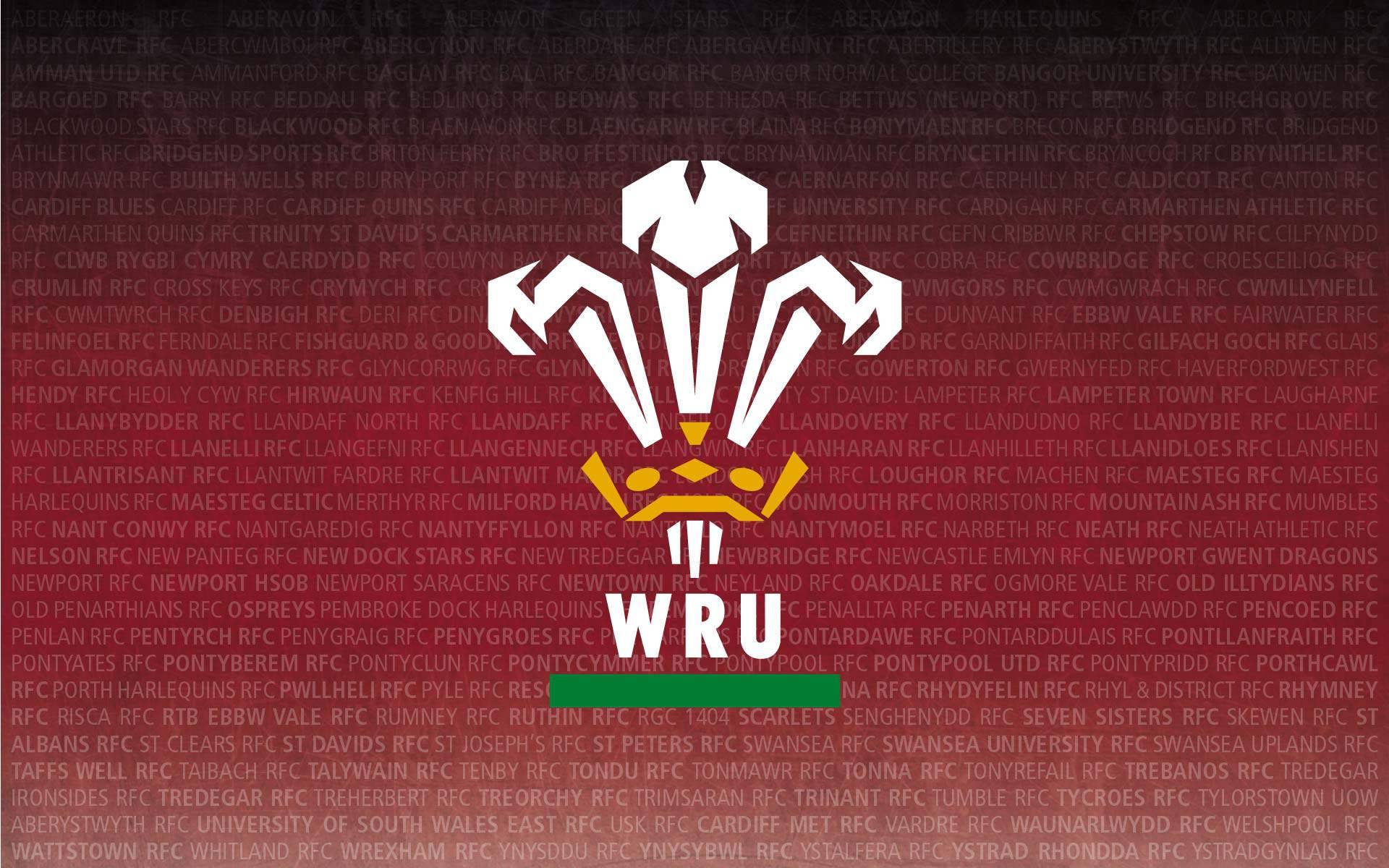An Independent Appeal Panel consisting of Gerard Elias QC, John Dawes and Keith Rowlands today (Thursday, 20 May) heard appeals from 17 players and the Honorary Secretary of Penygraig RFC following their suspensions for failing to submit to official drug testing procedures at the end of the Silver Ball Final game against Pontypridd at Llanharan RFC on 14 May, 2003.
The Panel decided to reduce the suspensions on the players from 18 months to 15 months and the three year ban imposed on the Honorary Secretary, Peter Bowen, to two years.
The 17 players who requested appeal hearings were: Ian Jones, Ian Deasy, Geraint Long, Gavin Owen, Gareth Davies, Gareth James, Gareth Blaken, Dean Perry, Carl Hammans, Andrew Thomas, Adrian Lewis, Mark Bowcott, Matthew Hutchings, Nigel Hendy, Paul Dunning, Peter Hinken, Richard Thomas. Anthony Lloyd and Stephen Walker did not request their cases to be reviewed.
At an early hearing, the charges against three other members of the Penygraig team on 14 May, 2003, Shane McIntosh, Nick Jones and Jason Ronan, each of whom had pleaded not guilty to refusing to provide a sample, were dismissed.
At another hearing on 28 and 29 July, 2003, the WRU decided not to proceed with a case against the Penygraig chairman, Neil Roper, after considering all the evidence. However, at that time Peter Bowen, the Honorary Secretary, admitted having ‘wilfully obstructed or interfered’ with the carrying out of doping control tests.
Gerard Elias QC, the chairman of the Independent Appeal Panel appointed by the Welsh Rugby Union to hear the appeals of the 17 players and the Honorary Secretary said: “The Appeal Panel felt able to give a modest discount on the penalty originally imposed on the players because we recognised that the testing of the whole squad was unique, that to an extent there was confusion within the squad and that some of the players, who cannot be identified, would have been influenced by the actions of others.”
In relation to the appeal by the Honorary Secretary, the Panel took into account that he had entered a guilty plea at an early stage and some additional mitigation pleaded by both his solicitor and himself. In the end, having reviewed all the circumstances, the panel felt able to reduce his suspension from three years to two.
However, the Panel was very keen to underline the fact that the use of drugs in sport is a great and dangerous evil. The Welsh Rugby Union is already active in taking steps to discourage and eliminate the use of drugs in their game. The co-operation of all players and officials is essential to this process and those who do not co-operate should expect significant penalties.
David Moffett, Group Chief Executive of the WRU said: “We are pleased to finally see an end to this case, which has highlighted the commitment of the WRU to uphold the regulations regarding drug testing in our sport. We feel that our actions have been fully justified and that the procedures adopted by both the WRU and UK Sport have been vindicated.
“There is no place in sport for illegal drugs and we expect shortly to announce that even tougher anti-doping procedures are to be introduced into rugby union in conjunction with the world governing body, the International
Rugby Board.”




































